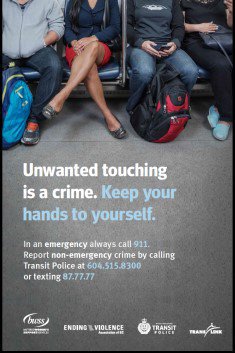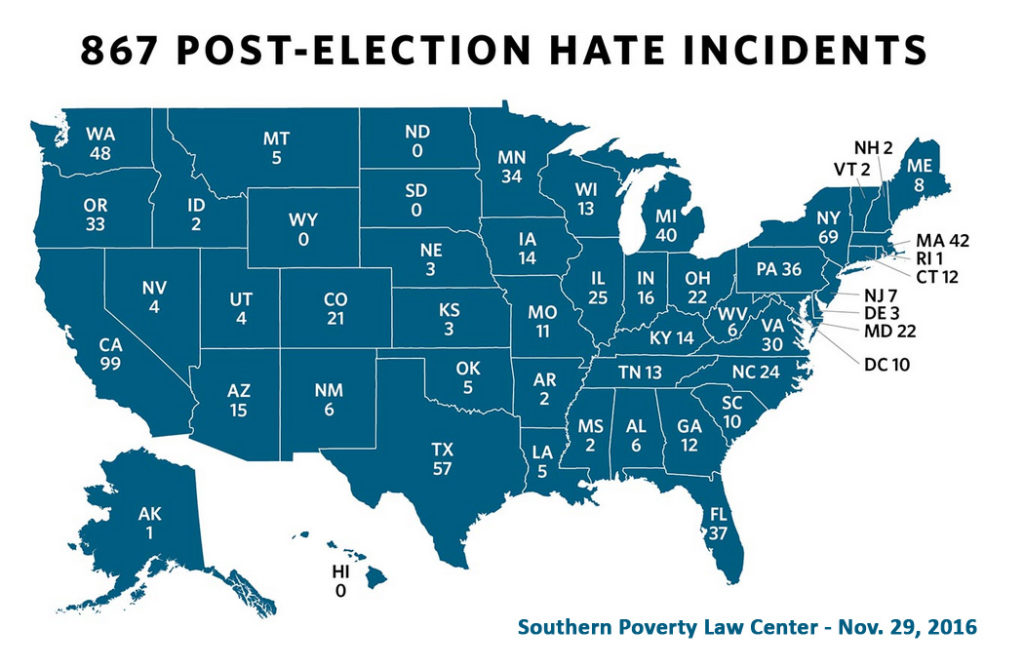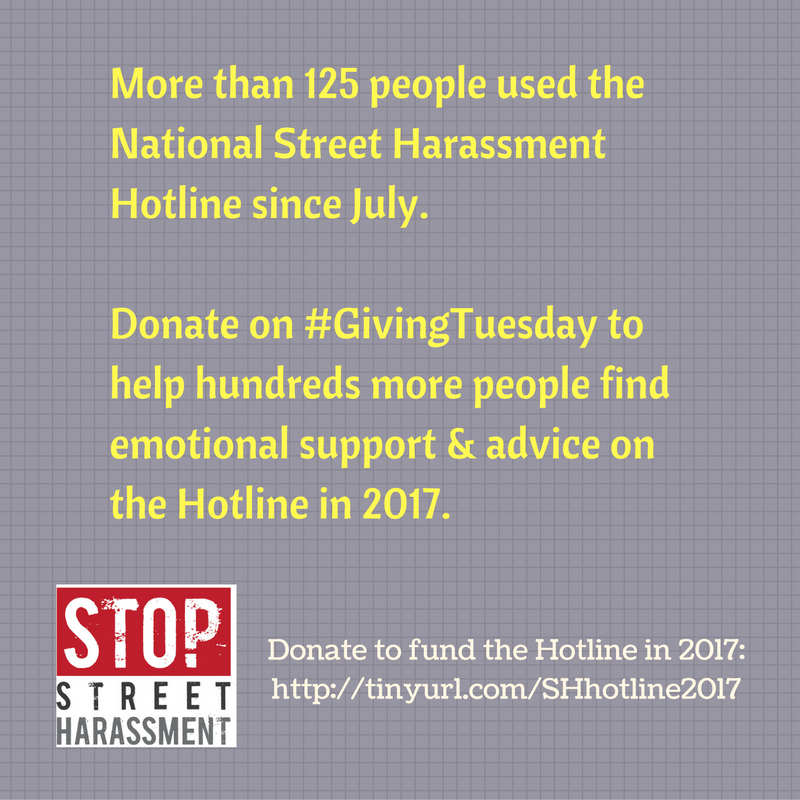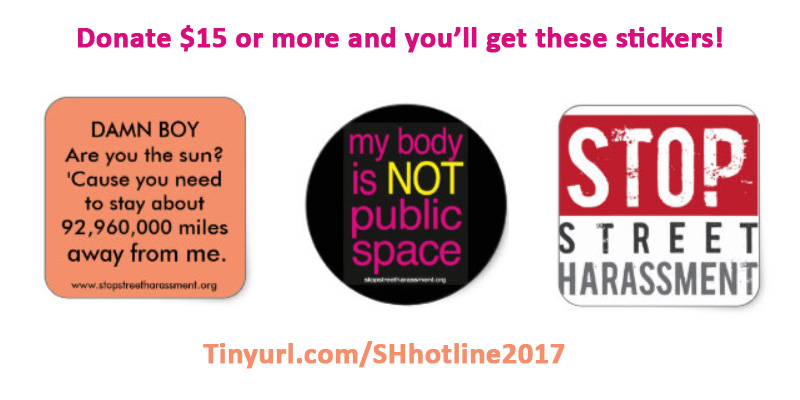November 25 was the International Day for the Elimination of Violence against Women and groups globally commemorated it with events, marches, and online campaigns.
 Plan International Australia and CrowdSpot created a digital campaign “Known as Free to Be” and invited young women aged 15 to 19 to mark public spaces on a map as either “happy”, where they have had good experiences or “sad”, where they have experienced feeling unsafe or unwelcome.
Plan International Australia and CrowdSpot created a digital campaign “Known as Free to Be” and invited young women aged 15 to 19 to mark public spaces on a map as either “happy”, where they have had good experiences or “sad”, where they have experienced feeling unsafe or unwelcome.
Barbadian women have been using the hashtag #LifeInLeggings to share their personal experiences of street harassment, as well as sexual and other forms of abuse and now women in other Caribbean countries such as Jamaica and Trinidad are using it, too.
Student and faculty at the University of Belize donned orange clothing and marched against street harassment.
In Toronto, Canada, there were 577 reports of sexual assault on the transit company’s property or vehicles between 2011 and 2015.
A new anti-harassment transit campaign launched in Vancouver, Canada, with the posters reading, “Unwanted touching is a crime. Keep your hands to yourself.”
Prajnya Trust is highlighting street harassment by covering a mannequin with stickers (with slogans) in the Chamiers Cafe in Chennai, India.
Four young women have a Youtube channel “Morras” where they post videos in which they talk about street harassment in Mexico and show hidden camera footage of harassers.
A regulation has been proposed in Amsterdam (the Netherlands) to make it illegal to “bother others buy jeering or offensive language, gestures, noises or behavior” in public spaces.
Women in New Zealand say no to street harassment.
Thousands of women in Turkey rode bicycles to claim public space.
A new poll of 14,000 students in the UK showed that 95% of women and 61% of men had been groped against their will at a nightclub.
A new bill in Georgia (USA) will outlaw “upskirt” photos and video recordings.




